Travel transforms us in ways we often don’t anticipate. Beyond the obvious pleasure of seeing new places and experiencing different cultures, journeying away from home affects our minds, bodies, and perspectives in profound ways. The rewards extend far beyond that initial vacation high.
Here is a list of 15 benefits that might surprise you about the true value of packing your bags and exploring the world beyond your neighborhood.
Enhanced Creativity

Travel exposes you to different ideas and ways of doing things that can spark innovation in your own life. When you step outside familiar surroundings, your brain forms new neural connections as it processes novel experiences. This mental flexibility carries over when you return home, making it easier to consider alternative perspectives and solutions.
Creative professionals often deliberately seek foreign environments when they need fresh inspiration—there’s a reason writers retreat to cabins in the woods or artists flock to vibrant cultural hubs.
Stress Reduction That Lasts
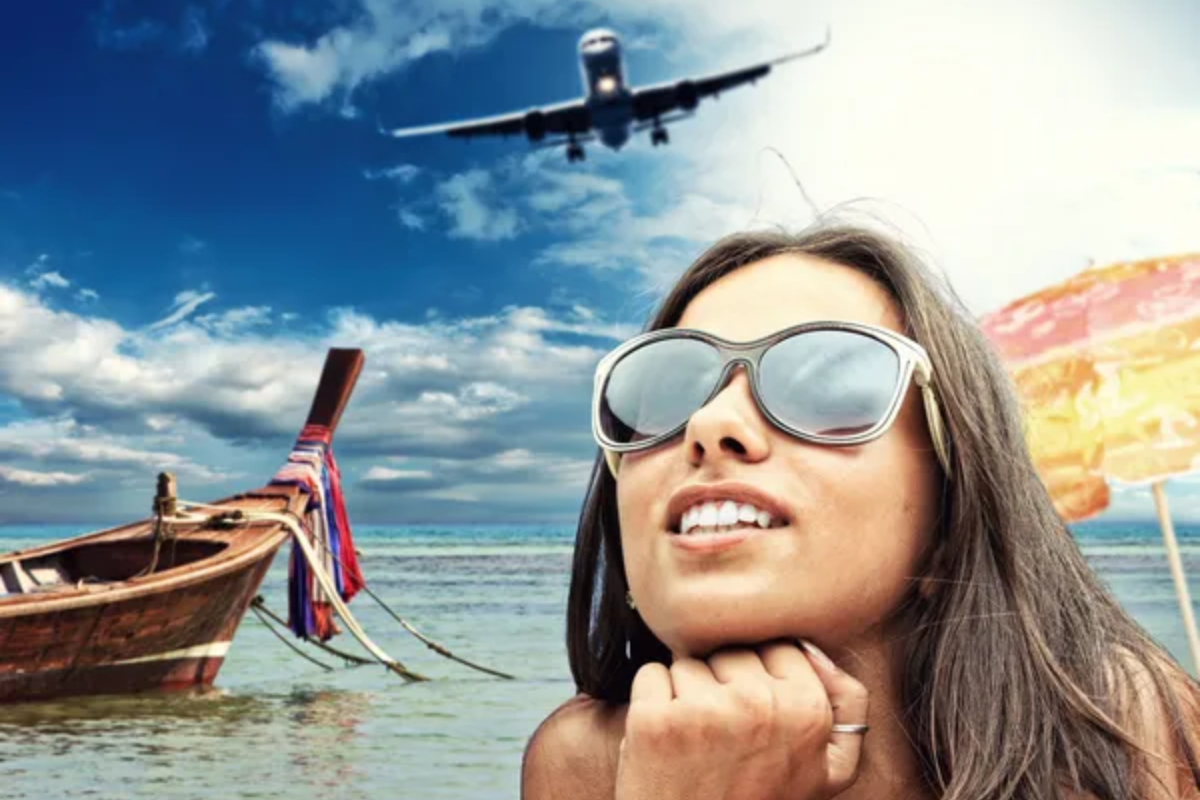
The relaxation effect of travel extends for weeks beyond your actual vacation. Studies show travelers experience decreased stress levels for up to five weeks after returning home.
This happens because breaking from routine interrupts stress cycles and helps establish new behavioral patterns. The distance from everyday demands gives your mind space to reset and form healthier responses to pressure. Think of travel as a system reboot for your mental operating system.
Like Travel Pug’s content? Follow us on MSN.
Improved Physical Health
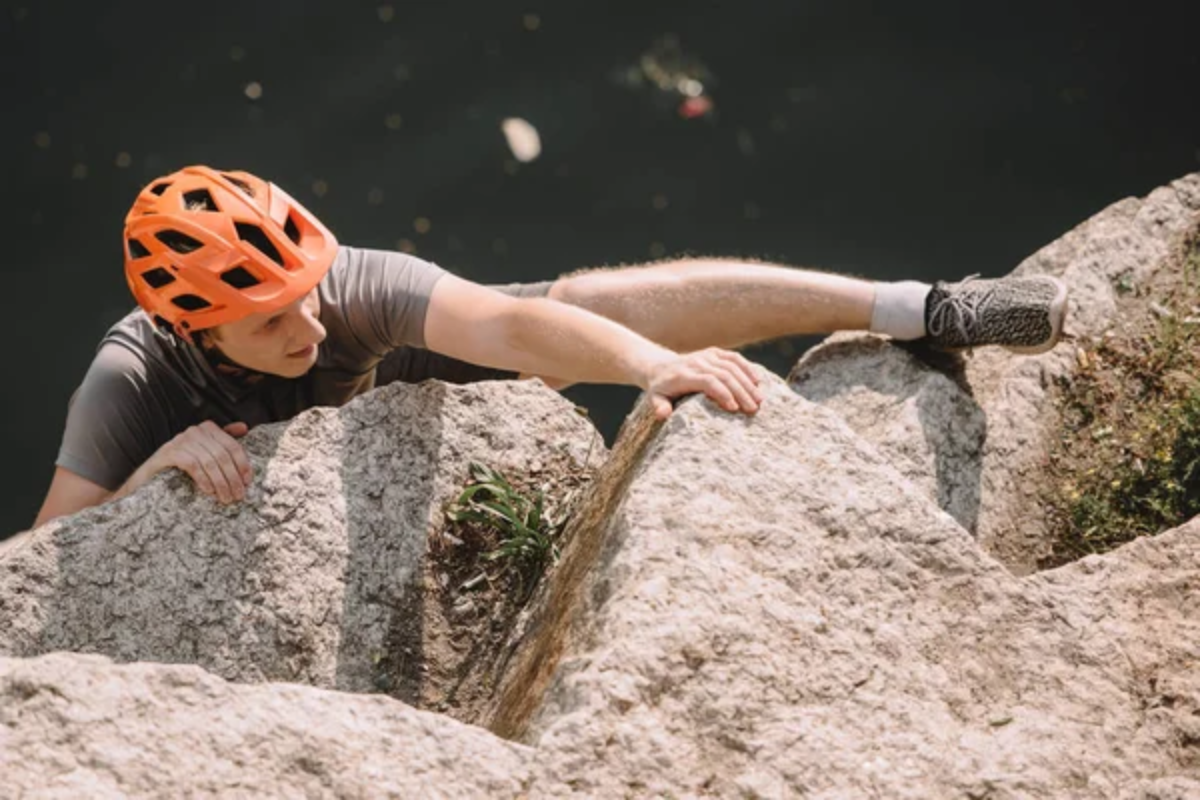
Traveling typically involves significantly more physical activity than your normal routine. Walking through museums, hiking to scenic viewpoints, or simply navigating unfamiliar city streets can easily triple your daily step count.
This increased movement burns extra calories while strengthening your cardiovascular system. Even resort vacations tend to include swimming, beach walks, or dancing—all activities that exercise different muscle groups compared to your typical workout regimen.
Enhanced Emotional Resilience

Navigating the inevitable challenges of travel builds emotional flexibility. When flight cancellations happen, language barriers arise, or you get thoroughly lost, you’re forced to adapt quickly and solve problems under pressure.
These experiences gradually build confidence in your ability to handle unpredictable situations. The traveler who has successfully negotiated a taxi fare in a foreign language or found their way back to their hotel after getting lost brings that same capability to workplace challenges or personal setbacks.
Cultural Intelligence Development

Travel cultivates a form of intelligence rarely measured in traditional settings. Cultural intelligence—the ability to function effectively across different cultural contexts—becomes increasingly valuable in our interconnected world.
This skill develops naturally as you observe how different societies approach everything from business meetings to family dinners. The subtle adjustments you make while navigating cultural differences strengthen your adaptability quotient and improve your ability to work with diverse groups.
Like Travel Pug’s content? Follow us on MSN.
Relationship Strengthening
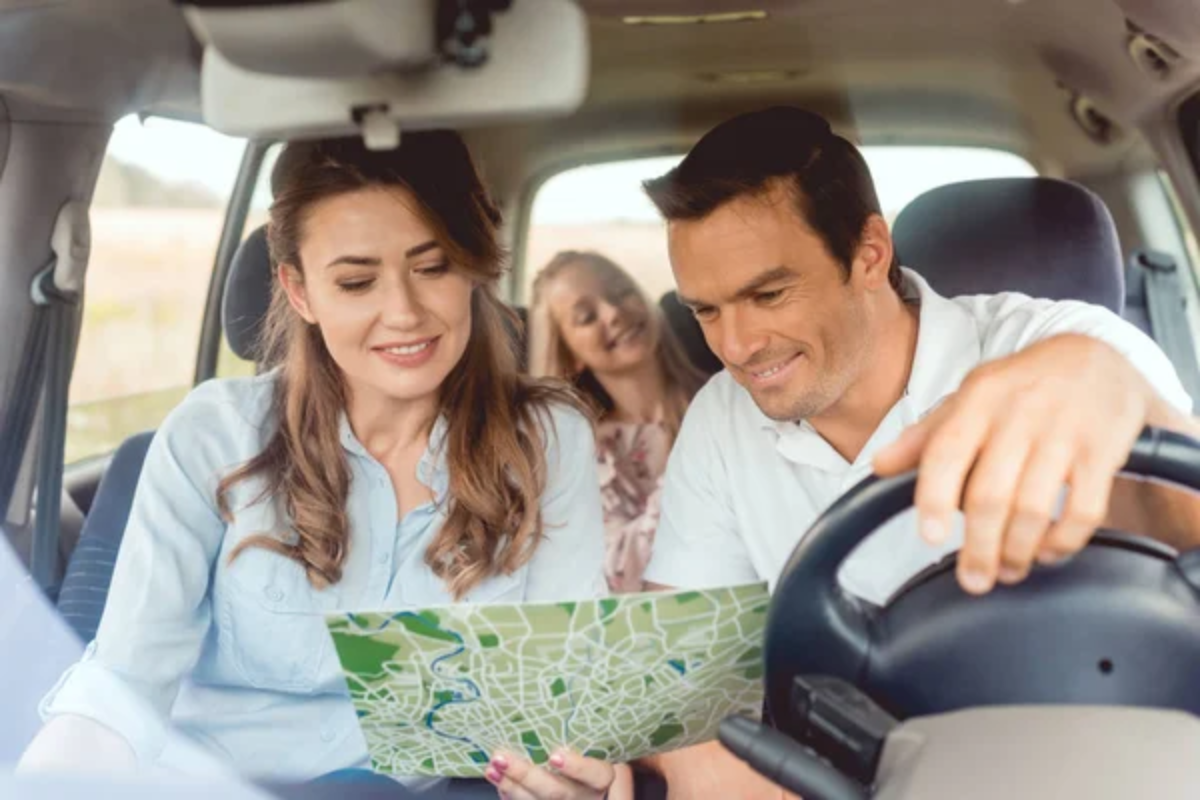
Shared travel experiences create powerful bonds between companions. Couples who travel together report higher relationship satisfaction, while family trips create core memories that strengthen familial ties. The combination of novelty, joint problem-solving, and undistracted togetherness fosters deeper connections than daily routine typically allows.
Travel removes the distractions of work schedules and household responsibilities, creating space for meaningful conversations and shared discoveries that become relationship touchstones.
Perspective Transformation
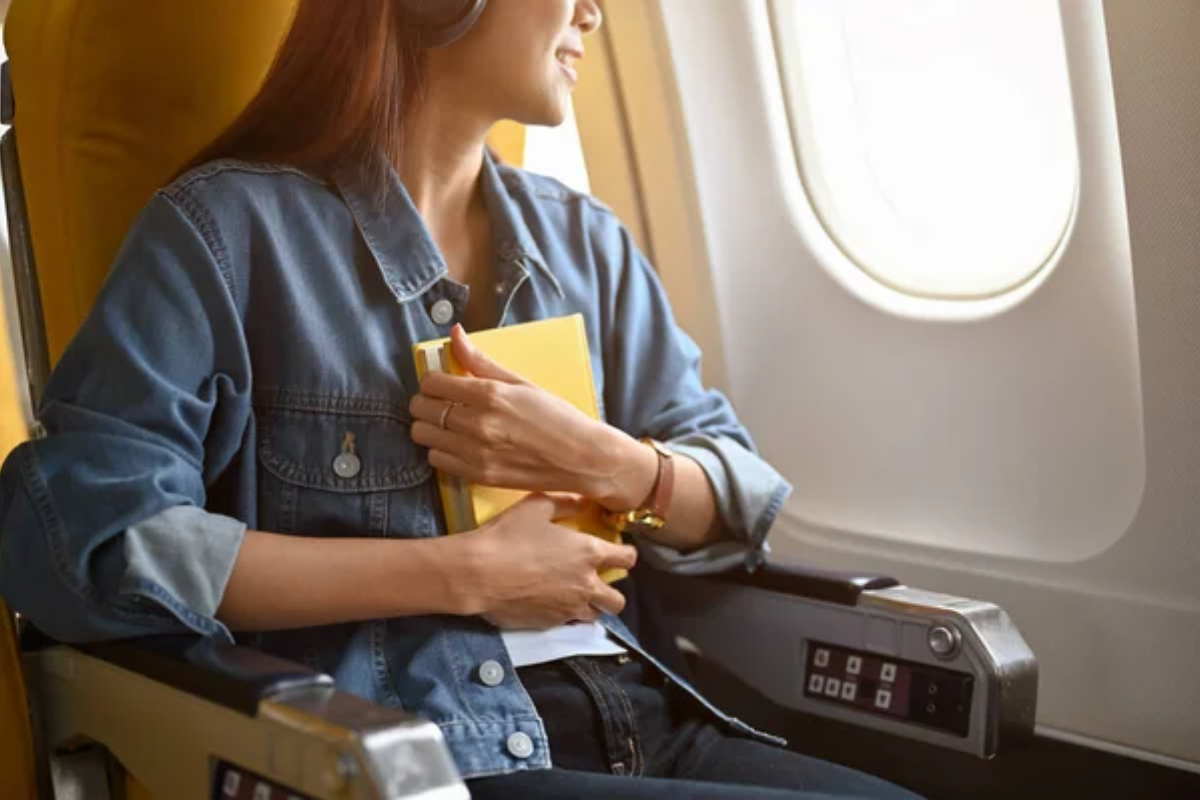
Nothing challenges your assumptions about ‘normal’ quite like witnessing different ways of living. Seeing how others arrange their priorities, relationships, and daily habits inevitably prompts reflection on your own choices.
This perspective shift often leads travelers to question consumerism, work-life balance, or other cultural defaults they previously accepted without thought. Many returning travelers report lasting changes to their values or lifestyle after witnessing alternatives that seemed impossible before experiencing them firsthand.
Career Advantage
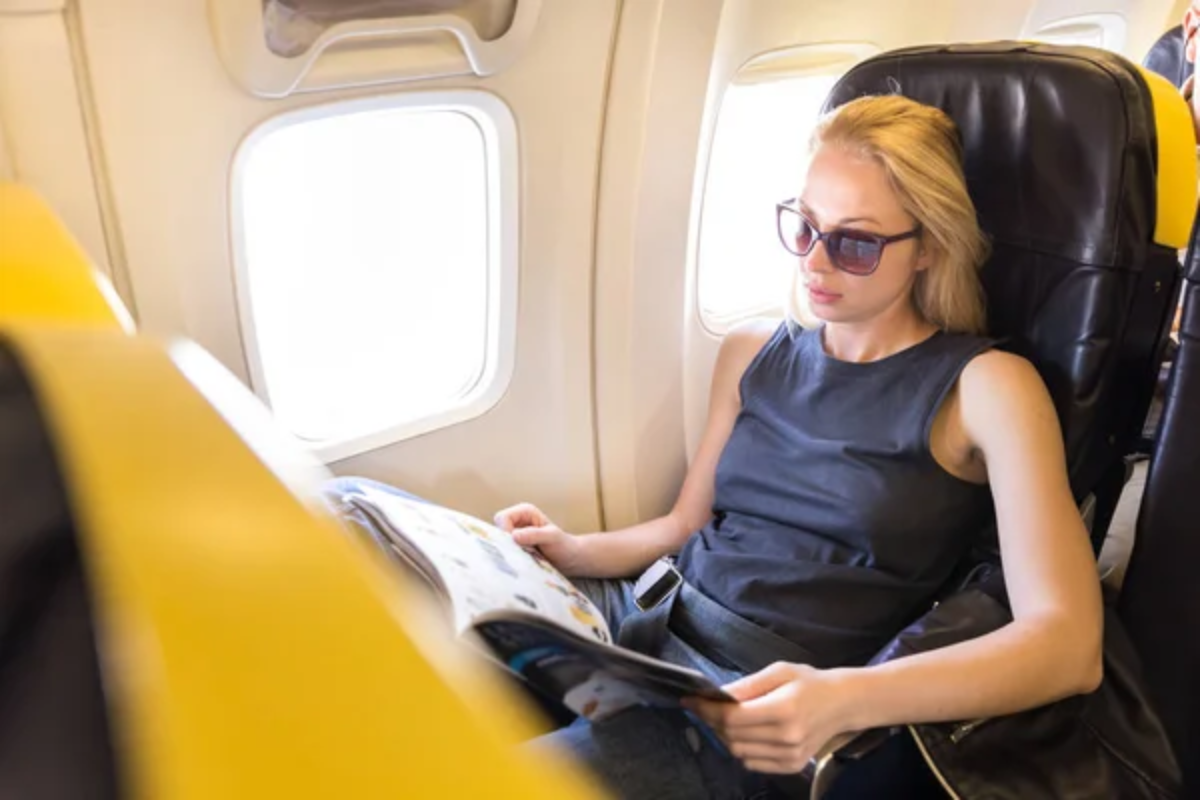
International experience increasingly appears as a desired qualification in job descriptions across industries. Employers recognize that travel develops soft skills like adaptability, cultural sensitivity, and problem-solving.
For entrepreneurs and freelancers, travel generates valuable cross-cultural insights that can inspire new business ideas or reveal untapped markets. The global perspective gained through travel helps professionals avoid cultural missteps when working with international colleagues or clients.
Like Travel Pug’s content? Follow us on MSN.
Brain Protection

Travel actively engages the brain in ways that may help prevent cognitive decline. Navigating new environments, learning basic phrases in different languages, and adapting to unfamiliar situations all exercise mental muscles.
The novelty processing required during travel increases cognitive flexibility and may help build what neurologists call ‘cognitive reserve’—the brain’s resilience against age-related changes. While not a guarantee against cognitive issues, travel represents a particularly enjoyable form of brain training.
Personal Identity Clarity
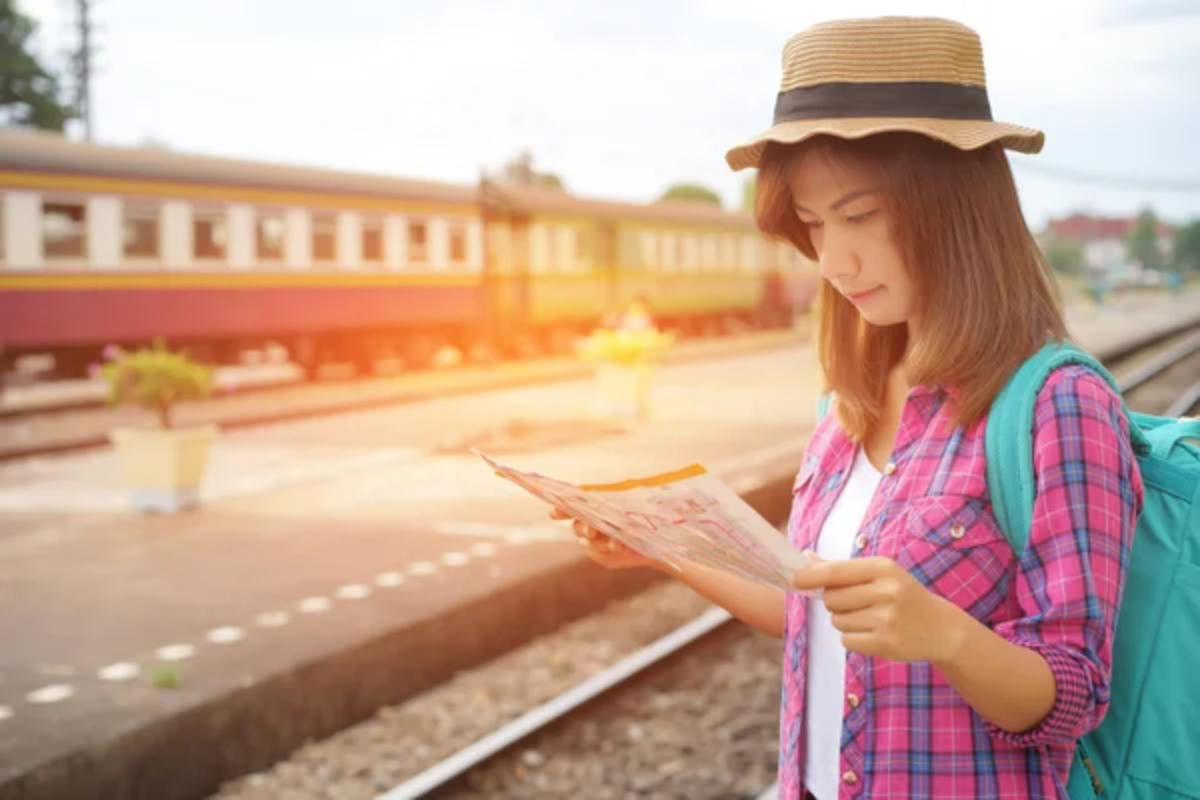
Removing yourself from familiar contexts reveals aspects of your personality typically shaped by environment rather than core identity. Away from established roles and relationships, you might discover you’re more outgoing, adventurous, or capable than you realized at home.
Many travelers report moments of clarity about life priorities or personal values while away from the social expectations that normally influence their choices. This self-knowledge often translates into more authentic life decisions upon returning home.
Language Acquisition Acceleration
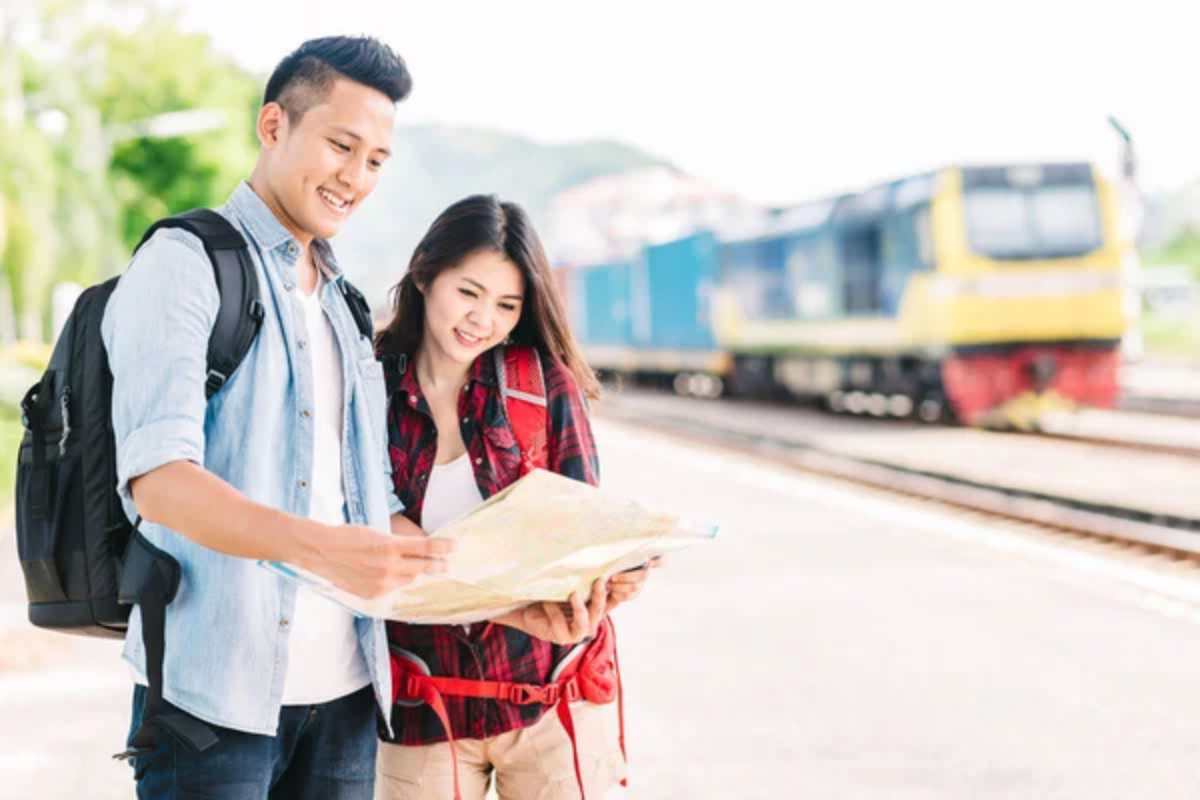
Immersion remains the gold standard for language learning, with progress in natural settings happening remarkably faster than classroom instruction alone. Even short exposure to a language in its native environment improves pronunciation and comprehension dramatically.
The contextual learning that happens naturally during travel—associating phrases with real experiences—creates stronger neural pathways than abstract study. Language skills acquired through travel tend to stick because they connect to sensory memories rather than textbook exercises.
Like Travel Pug’s content? Follow us on MSN.
Happiness Investment

Unlike material purchases, travel experiences appreciate over time through the psychological phenomenon known as ‘rosy retrospection.’ While the minor frustrations of travel fade quickly from memory, the positive aspects become increasingly enhanced in recollection.
These travel memories become a form of psychological wealth you can access during difficult times—mental snapshots that reliably trigger positive emotions years after the experience itself has ended.
Enhanced Sensory Awareness
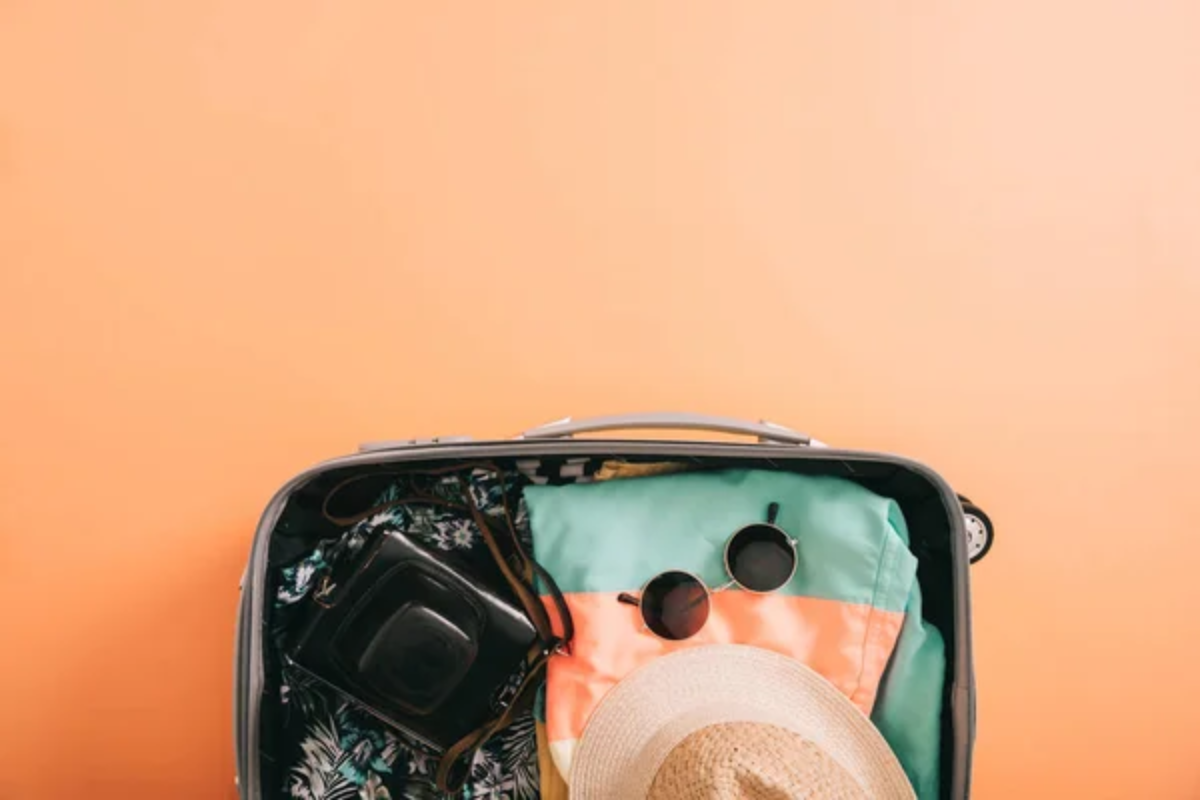
Daily routines dull our sensory attention, but new environments reawaken our observation skills. Travel makes us notice details again—the particular quality of light in a different climate, unfamiliar birdsongs at dawn, or architectural features we’d never see at home.
This heightened awareness often persists after returning, temporarily transforming familiar surroundings into places worthy of the same careful attention we give exotic destinations. Many travelers report seeing their hometowns with fresh appreciation after time away.
Humility Development

Few experiences humble us as effectively as being a person who doesn’t know how things work. Whether struggling with currency conversion or accidentally violating an unwritten cultural rule, travel regularly puts us in positions of not knowing—a condition that counterbalances expertise in our professional domains.
This healthy humility creates openness to learning from unexpected sources—the taxi driver with profound insights or the elderly craftsperson preserving techniques refined over centuries.
Like Travel Pug’s content? Follow us on MSN.
Connection With History

Standing where historical events unfolded creates an emotional connection with the past that textbooks simply cannot match. Walking ancient streets, touching weathered monuments, or visiting preserved homes brings historical figures and events into vivid reality.
This tangible connection with history often inspires deeper learning and contextual understanding of current global situations. The immersive understanding gained through physical presence in historical locations creates lasting knowledge that enriches your worldview.
The Long Road Ahead

Travel fundamentally changes our relationship with the world beyond our immediate sphere. Each journey leaves invisible marks on our perspectives, capabilities, and understanding of both ourselves and others.
The benefits continue unfolding long after suitcases are unpacked and souvenirs are displayed. Perhaps the most valuable aspect is how travel transforms ‘foreign’ places into locations with personal meaning—gradually making the vast world feel more like an extended home rather than an unknown territory.
More from Travel Pug

- Cities Growing so Fast You Won’t Recognize Them in 10 Years
- 13 Destinations Where Tourists Regularly Regret Their Trip
- 20 Obscure WWII Sites Even History Buffs Don’t Know About
- 10 Under-the-Radar Mountain Towns That Are Both Affordable and Beautiful
- Remote Villages in Europe Where You Can Live for Free in Exchange for Work
Like Travel Pug’s content? Follow us on MSN.
